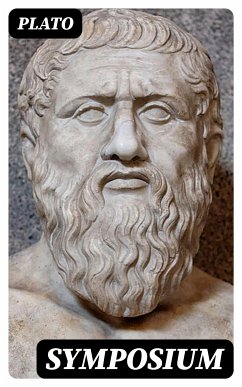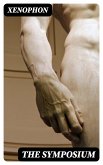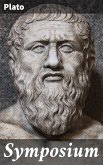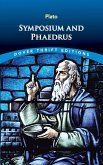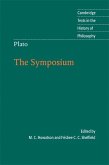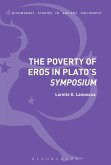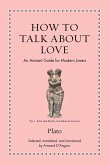In the renowned work 'Symposium', Plato presents a series of philosophical dialogues centered around the theme of love, known as Eros. Set during a banquet, the text unfolds as various prominent figures, including Socrates, engage in a series of speeches that explore different dimensions of love-from the physical to the divine. This dialogue not only reflects Plato's characteristic blend of rhetorical skill and philosophical inquiry but also situates itself within the context of classical Greek thought, encapsulating the tensions and aspirations of Athenian society in the 4th century BC. The literary style is infused with irony and allegory, challenging readers to ponder the complexities of desire and the nature of beauty itself. Plato, a student of Socrates and a pivotal figure in Western philosophy, sought to understand the essence of human existence and the ideal forms of reality. His philosophical inquiries were deeply influenced by his experiences in the tumultuous political landscape of Athens and the Socratic method of questioning that shaped his intellectual pursuits. These influences are evident in 'Symposium', where he crafts a compelling narrative that invites listeners to reconsider the roles of love and intellect within their lives. 'ymposium' is essential for anyone seeking to delve into the philosophical foundations of Western thought. It presents a rich tapestry of ideas that challenge contemporary notions of love and relationships. The text is not only a cornerstone of philosophical literature but also an enduring masterpiece that resonates with the timeless quest for understanding the human condition.
Dieser Download kann aus rechtlichen Gründen nur mit Rechnungsadresse in A, B, BG, CY, CZ, D, DK, EW, E, FIN, F, GR, H, IRL, I, LT, L, LR, M, NL, PL, P, R, S, SLO, SK ausgeliefert werden.

